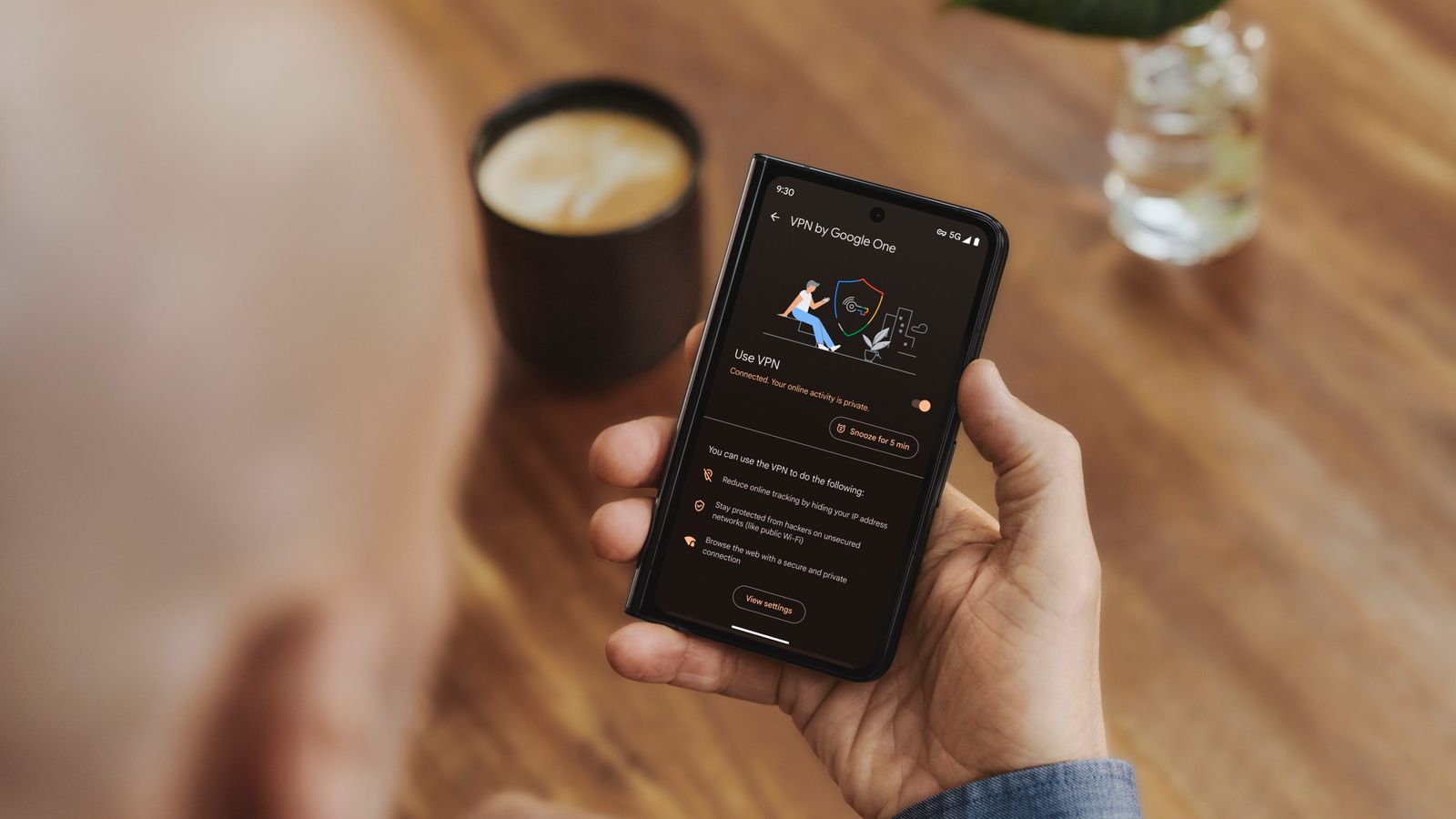
A week with Google's first foldable phone proves this tech is still a long way from catching on
Four years after Samsung spearheaded their arrival, foldable phones are still waiting for their mass market breakthrough.
Not helped by the fact that the South Korean company's first attempt in 2019 was plagued by reports of screens breaking when users tried to, well, fold them, take-up for smartphone-tablet hybrids has been undeniably slow.
There were just over 14 million foldables shipped in 2022 (12 million of them from Samsung alone), according to a Financial Times report earlier this year, compared to 1.2 billion smartphones overall.
And despite more choice than ever, including efforts from Samsung and Motorola to evoke the era of the flip phone, foldable sales slowed in the year's final quarter.
It's certainly a far cry from Motorola's Razr line from the early 2000s, a time when it felt like phones that could neatly fold away had found their way into just about everyone's pocket. The Razr's V3 model, now nearing its 19th birthday, sold more than 130 million units, making it the most popular handset of its type.
A wallet-busting price point
The Pixel Fold was announced in May after months of anticipation and speculation, as - outside Apple - the search giant represented the best hope of a true competitor to Samsung's dominance in the space. Google has long made popular smartphones, and its Pixel range is one of the very best for anyone who favours Android.
Reactions at the Fold's unveiling event were positive as features were shown off, with many components from the company's flagship Pixel 7 Pro redesigned to fit into a notably slim design.
But the elephant in the room was the elephant-sized price point: £1,749.
Familiar foldable issues
Big prices come with the territory when it comes to foldables. Samsung's Galaxy Z Fold is north of £1,500, and the cheaper Z Flip is still £900. Foldables from Motorola and Oppo come in somewhere in between, all above the starting prices for the majority of non-folding smartphones with similar, and often even better, specs.
It may be Google's first foldable, but for £1,749, you'd want no compromises. The Pixel Fold may be fast, capable of running two apps side-by-side on its inner screen, but its Tensor G2 processor is no better or more future-proof than the one in Google's Pixel 7a, which only costs £449.
The Pixel Fold also doesn't solve issues that have so far been inherent to foldables, like a noticeable crease in the middle of the inner screen and its hefty build. It may be the thinnest foldable out there, with a 5.8 inch outer display that's comfortable to use like a standard handset, but it weighs a whopping 283g (that's 40g heavier than Apple's chunky iPhone 14 Pro Max).
And while there are no early reports of embarrassingly easy breakages like Samsung's first foldable, fragility is still a very real concern. A note in the Pixel Fold box warns you to be careful with how you handle it to avoid damage, as if you needed a clear sign that this isn't a device to leave unattended near adventurous pets or rowdy toddlers.
More tech reads:
Who is the man heading up ChatGPT?
How one of Britain's worst scandals changed landmark game
Will foldables ever catch on?
Such concerns may not be enough to put off enthusiasts, and current estimated delivery dates in August suggest Google has enjoyed decent demand so far.
I got to try a review unit of the Pixel Fold for a week and, like Samsung's Galaxy Z Fold and Flip, there's a sense of wonder to having such an adaptable gadget in your pocket. I placed it like a laptop to take group photos on a hike, propped it up like a tent to watch YouTube on a train table, and held it open like a book at bedtime to read… a book.
Despite the aforementioned concerns, I can't deny it was often a treat to use, like the cool new Buzz Lightyear to my old iPhone's Woody doll, and was a conversation starter when around friends and family who - like the overwhelming majority of people on Earth - have been using the same slab-shaped smartphones for over a decade.
But their interest tended to wane when the question of price came up. Whether you want the best specs, a no-frills handset for grandad, or even a new phone and tablet, there are options out there many hundreds of pounds cheaper - and likely more survivable against those pets and toddlers - than the Pixel Fold.
It also feels telling that since the Pixel Fold's unveiling, Apple, the world's biggest smartphone maker, announced it was entering the niche mixed reality headset market, having not offered even a tease of introducing a foldable iPhone. The company that helped kill the flip phone will surely need to take part if a foldable revolution is ever to begin.
In its current form, the Pixel Fold won't be the one to kick it off.
credit: Skynews
